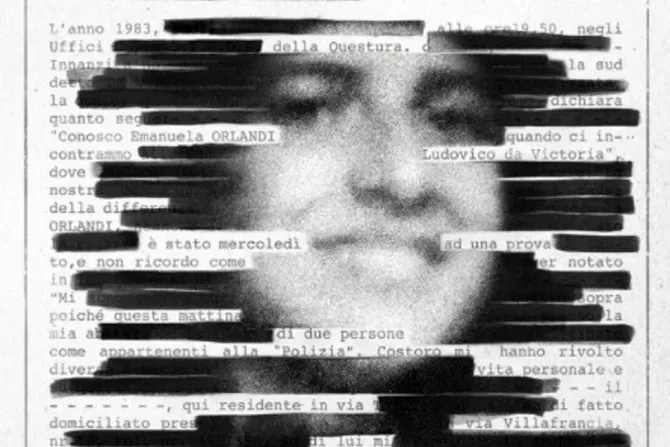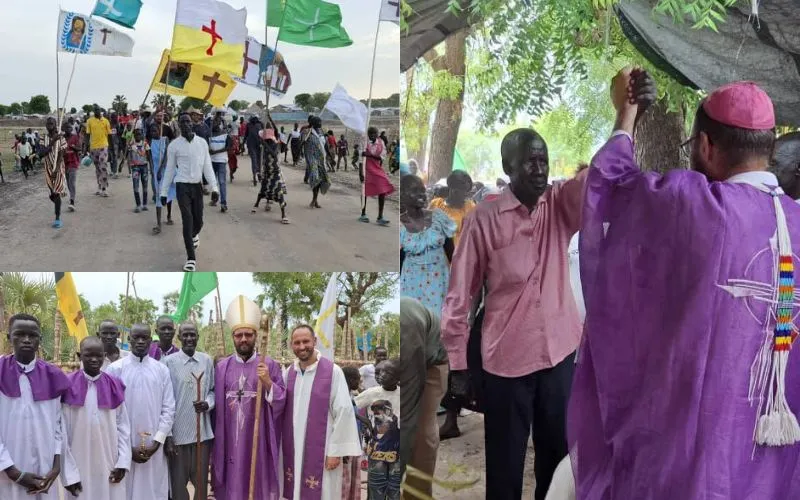Vatican, 13 July, 2023 / 8:25 pm (ACI Africa).
In the latest twist in the 40-year-old cold case of the disappearance of 15-year-old Emanuela Orlandi, who lived in Vatican City, investigators are reportedly looking into the possible involvement of the uncle of the missing “Vatican girl.”
Vatican spokesman Matteo Bruni said Wednesday night that the Vatican prosecutor’s office is “actively cooperating with the competent Italian authorities” and had handed over the available documentation in the reopened investigation into Orlandi’s case.
Among the documentation delivered to prosecutors in Rome were letters exchanged just months after Orlandi’s disappearance in 1983 between then-Vatican Secretary of State Cardinal Agostino Casaroli and a Colombian priest who served as the spiritual adviser and confessor of the Orlandi family, according to the Italian television channel La7.
Casaroli asked the priest to confirm if Orlandi’s older sister Natalina had been sexually harassed by her uncle, Mario Meneguzzi, prior to Orlandi’s disappearance. The priest replied that Natalina confided in him that she was terrified and had been told to keep quiet or she would lose her job at the cafe run by her uncle.
At a press conference in Rome earlier this week, Natalina confirmed that her uncle had made unwanted verbal advances when they worked together in 1978 but said that this stopped quickly once she made it clear that she was not interested.








